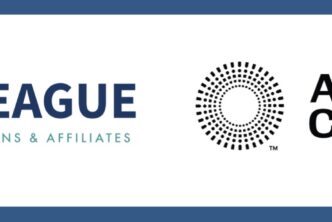There’s still time to tell Congress to oppose the new IRS reporting provisions. The United States House of Representatives is still considering and marking up the $3.5 trillion reconciliation bill package. Additional IRS requirements for financial institutions are expected to be included, including credit unions. These new provisions would apply to savings, transactional, loan, and investment accounts. Payment settlement entities would also be required to collect Taxpayer Identification Numbers and file a revised IRS Form 1099-K expanded to all payee accounts, reporting not only gross receipts, but also gross purchases. The League of Southeastern Credit Unions & Affiliates (LSCU) has serious concerns about these proposed IRS reporting requirements:
- Credit union members’ privacy and data security are top priorities. In the past, there have been significant data breaches of government agencies that have exposed the information of many Americans. The League of Southeastern Credit Unions & Affiliates (LSCU) remains doubtful that such data will remain private.
- LSCU is always concerned about overburdensome regulations on credit unions, and specifically small credit unions. From the increased costs of software upgrades to staff training, smaller institutions would perhaps need financial resources and additional time for implementation to meet new requirements.
- There are also concerns about how the proposal will affect accounts that are commingled with business and personal funds, as well as how jointly held accounts would be treated.
- As with any new policy, there will be unintended consequences. For example, the Foreign Account Tax Compliance Act of 2010 placed similar burdensome reporting requirements on financial institutions. In response, many Americans overseas were unable to obtain or lost access to the banking system as many financial institutions were unwilling or unable to meet the requirements of that law. Any future account reporting requirements should be subject to rigorous and lengthy review and study.
- Credit unions and other financial institutions already churn out many federal tax information reporting forms. This new requirement puts credit unions in the position of further policing their members and account holders. The IRS can achieve better compliance through their existing authority.
Please contact your lawmakers using LSCU’s Action Center and tell them to oppose the adoption of these costly and burdensome new requirements on financial institutions.






